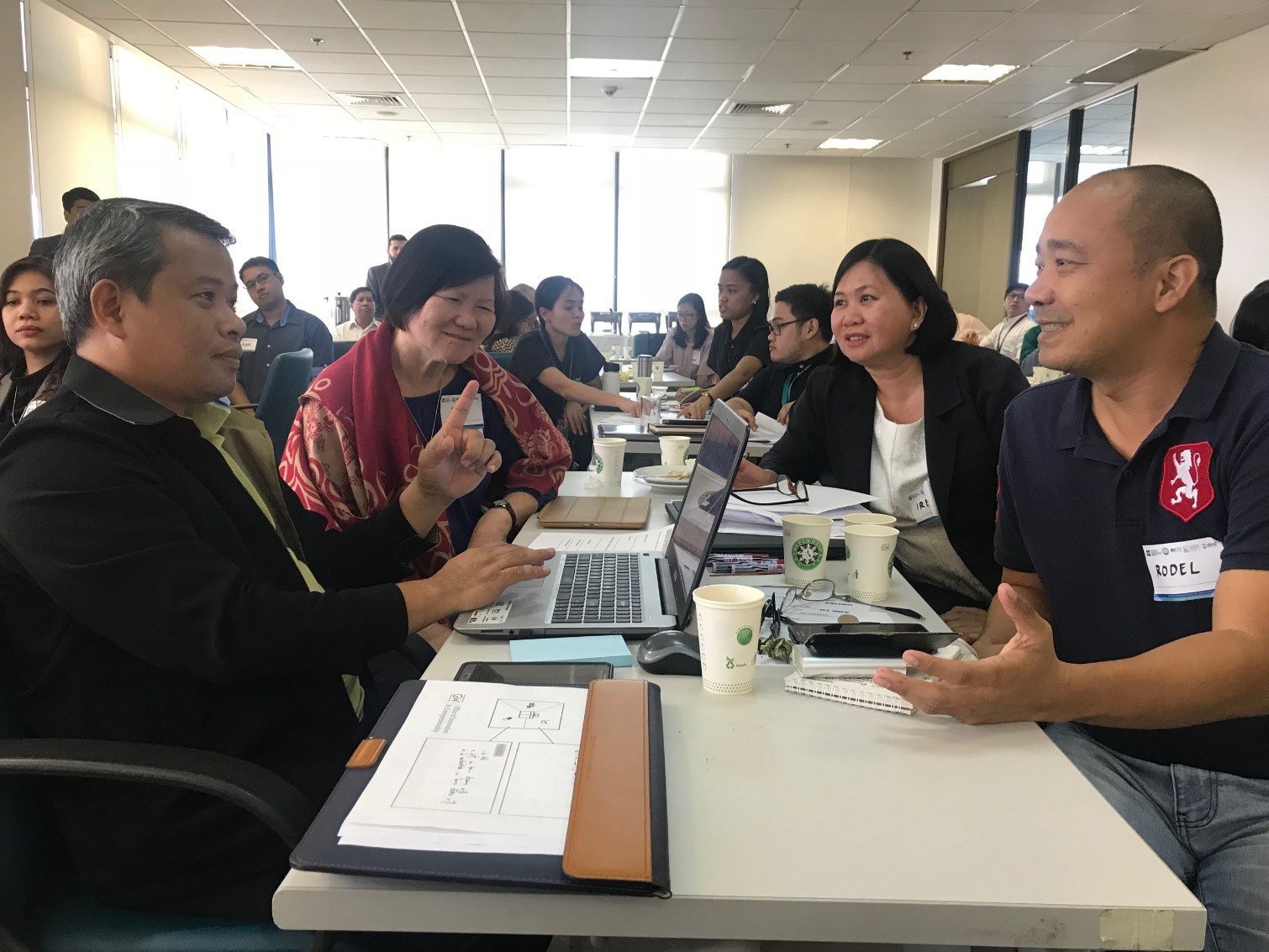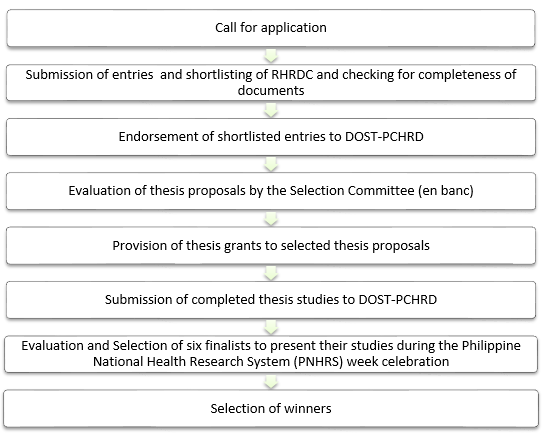S&T Media Service

To help push research projects towards commercialization, the Department of Science and Technology (DOST) launched on February 19 a lean startup training program dubbed the “Filipinnovation Entrepreneurship Corps” (FEC) in partnership with the De La Salle University, RTI International, and the USAID Science, Technology, Research and Innovation for Development (STRIDE) program.
Working with teams built around 10 DOST-funded principal investigators or RDI project leads, the FEC is an experiential training program for researchers to rapidly define the commercial and societal value of their research.
The FEC program is based on the successful US National Science Foundation I-Corps program which places researchers in teams led by entrepreneurs. Other members of the team are experienced industry mentors and technology transfer officers to create a business model canvas and conduct various customer interviews. The interaction of the members will help the teams to continuously refine their innovative products and ideas. It is intended that after the four-week program, the teams will be better equipped to attract additional funding and strategic partners to fast-track their project’s adoption and impact to the Filipino consumer.
The FEC is supported by the DOST-Philippine Council for Industry, Energy, and Emerging Technology Research and Development represented by Russell M. Pili, chief of the Research Information and Technology Transfer Division. The first batch of FEC trainees have teams representing DOST’s Industrial Technology Development Institute, Metals Industry Research and Development Center, Philippine Textile Research Institute, and Food and Nutrition Research Institute; as well as DOST-funded researches at UP Diliman, UP Los Baños, and De La Salle University.
Principal Instructors of the FEC program are nationally certified instructors for the National Science Foundation’s I-Corps. Dr. Jim Chung is the Associate Vice President for Innovation and Entrepreneurship at the George Washington University while Robert Storey is an Executive in Residence at the Johns Hopkins University and a Principal of the MVR Company which focuses on the assessment and creation of new ventures. Providing direct teaching support to participants is Adam Klich, an Innovation Advisor with RTI International and a former startup founder.





